It’s a cold day with highs in the mid 30s F. I haven’t set foot outside of the apartment yet but am planning on meeting my friend D for dinner this evening at Bobo’s Burgers, just a few steps away from my building. We’re both wary of dining indoors in a packed restaurant, but they have outdoor seating with heaters, so that seems like a reasonable compromise. Bobos is one of the only places where I dined out before the lockdown, and they have a very large menu of different kinds of burgers and a decent beer selection (which almost goes without saying here). I guess I’m also partial to the place because “Camp Bobo” is a nickname for Bowdoin College.
An earlier pic of Bobo’s burgers:
The other day a question about Irish politics and elections came up with my friend B over coffee, which lead me down a civics lesson rabbit hole this afternoon. I was wondering… when would I be able to vote in an Irish election? I already knew that in order to vote in Ireland’s elections you not only have to be a citizen but also a resident of the country. Ireland just had a general election in early 2020, and terms for elected officials run for up to 5 years, so the latest the next election would take place would be February 2025. However, an early election could be called if a vote of no confidence were to pass. There have been many motions filed in the past (including one in 2014 arising from water metering and charges discussed in one of my previous blog posts), but the government has only been dissolved two times before, in 1982 and 1992 (based on Wikipedia article: Confidence motions in Dáil Éireann).
Also, with so much attention being put on the U.S. Senate runoff races in Georgia, it was quite interesting to learn that Ireland’s senators aren’t directly elected. My friend B wasn’t even sure himself how senators were elected here, although he said he thinks his mom might be an elector… he’s from a rural part of the country and his family lives on a farm, and based on what I’ve learned it must be that she has a vote on the seats for the Agriculture Panel.
But I’m getting ahead of myself… here’s what I’ve learned about Ireland’s Senate, largely based on a Wikipedia article on the Seanad Éireann.
The Seanad Éireann (“Senate of Ireland”) is the upper house of the Oireachtas (the Irish legislature). Unlike the Dáil Éireann (also just known as the Dáil, or lower house, akin to the U.S. House of Representatives), the Seanad is not directly elected. The Seanad’s powers are modelled loosely on those of the British House of Lords, and are much weaker than those of the Dáil. The Seanad is intended to play an advisory and revising role rather than to be an equal of the popularly elected Dáil. While it can introduce new legislation on its own, it can’t veto legislation proposed by the Dáil (it can only delay it). How the 60 Seanad members are elected:
• 11 are nominated by the Taoiseach (Prime Minister) — this almost always ensures the Seanad is aligned with the Taoiseach’s party.
• 3 are elected by graduates of the University of Dublin
• 3 are elected by graduates of the National University of Ireland
• 43 from 5 special “vocational panels” that consist, in theory, of individuals possessing special knowledge of, or experience in, one of five specific fields (usually party members or failed/apsiring Dáil candidates):
○ Labour Panel — 11 seats (representing labour, organised or otherwise)
○ Agricultural Panel — 11 seats (representing agriculture and fisheries)
○ Industrial and Commercial Panel — 9 seats (representing industry and commerce, including engineering and architecture)
○ Administrative Panel — 7 seats (representing public administration and social services, including the voluntary sector)
○ Cultural and Educational Panel — 5 seats (representing education, the arts, the Irish language and Irish culture and literature)
Exactly how candidates are nominated for seats on these vocational panels and who votes in the elections for them seems very convoluted, as explained by this Irish Times article: How it works: the ‘bonkers’ Seanad election. Technically, I think it is considered to be an “electoral college” system.
In the wake of the 2008 financial crisis, the idea of abolishing the Seanad gained some traction, based on arguments that the Seanad was outdated and elitist, plus it could save €20 million per year in the government’s budget. But the Irish electorate narrowly voted down this idea in a 2013 referendum that lost 48.3% to 51.7%.
Until next time…

